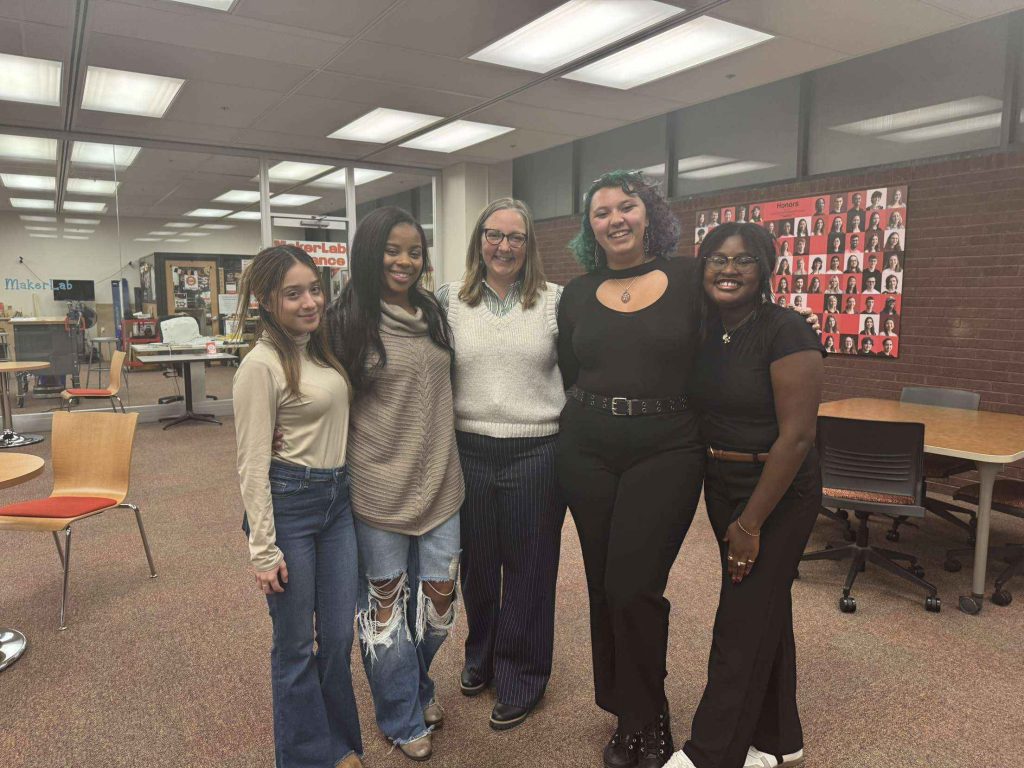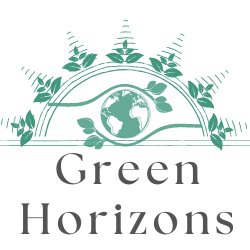
Data Collection
______________________________________________________________________________________________________________________________
Over the last two and a half years we’ve been studying to understand the communities surrounding our environmental science knowledge. We conducted research about how social media plays into informing the community our first year, then our next year we actually worked with students related to our demographic and completed a conservation program. After that we conducted two surveys one in the semester of Spring 2024, and the second one in the semester of Fall 2024. Our first survey needed work and we got a lot of feedback saying it was hard to understand, for that survey we only had around 299 responses. Our second survey was a lot more successful having 54 responses and data that actually answered our problem question. If we were to continue our work we would like to learn how to implement the information we received in the survey into a program to inform the youth on environmental science.
Kaz Isibue
One of the greatest challenges facing our group was our ability to work on-site in the city of Alton. Due to the structure of our community partner, most activities were held at NGRREC’s station outside of the city. This meant that our group was only able to travel to the city a handful of times, often for all cohort activities.
If there was one thing I could change about our experience it would be rethinking how we could connect with the residents of Alton. One activity that was proposed but ultimately unable to happen during the period of our work with NGRREC was the creation of an after-school program located within Alton that would focus on introducing environmental science to students. This program would have been targeted toward students between the ages of 13 and 18 in partnership with an existing organization in Alton such as the Boys and Girls Club or the YWCA. If created it would have focused on introducing students to career paths in environmental science and explaining how current NGRREC staff members, interns, and scientists got to the point they are at now. Depending on the limitations of travel and funding this program would have also introduced students to topics such as citizen science, advocacy and taken a hands-on approach to introducing students to the Great Rivers that surround South Western Illinois.
The greatest challenge I faced during the semester was the limited amount of time that NGRREC was able to dedicate to our group. Due to their busy schedules and organized structure, we struggled with maintaining flowing communication with our community partner. While we did have the opportunity to visit the site as part of our class schedule, these visits were not so frequent and not always did we have the time to get our questions answered. During these on-site meetings, we were able to meet with members of NGRREC, who would try their best to review and assist with the projects we were working on at the time. This was only a handful of times and these visits were very limited, we had a long period of three hours that were required to assist but when that only happened around 4-5 times the whole semester, it made it difficult for our group to not feel so time crunched and pressured to get work done without the full approval and overview of our community partner.
If I were to do things differently, I would suggest that our professor at the time would keep in touch with our community partner throughout the semester. Having something such as a weekly check-in or a Zoom call would have been extremely helpful for addressing any sudden questions or concerns my group had. With this type of ongoing support, we could’ve felt less pressured and ensured that we were meeting all of our community partner’s expectations.
Despite these challenges, our group worked hard to stay on track and make progress. We were able to get together outside of class time to meet and collaborate on the tasks at hand, ensuring that we kept up with the project despite the challenges we were facing with our community partner.
Danahe Villaseñor
Sean-Jeramie Brown
Our first time on site was the tour of NGREEC and I can admit I was wondering how travel was going to work to and from the site during our years. Along with that NGRREC was not fully available for our team during our years. The first semester we met and began working with them we experienced confusion not understand our role in the company and did not have much support. What did work very well for our team was the summer internships at NGREEC it was enough time to work with their teams and they took us to do a lot of amazing things like canoeing, and river riding, taught us how to collect stream samples, identifying invertebrates. During the school semester, however, we struggled to understand our goals and our goals often switched to various things left for NGREEC and sometimes our work was not used. If we were able to do things differently I believe that NGREEC could’ve had an itinerary for the group or an idea of what we could’ve helped with along with proper transportation to and from the site, and check-ins weekly or every other week to check on progress and review work. I believe with these added factors we would’ve had a better chance at a successful partnership.

